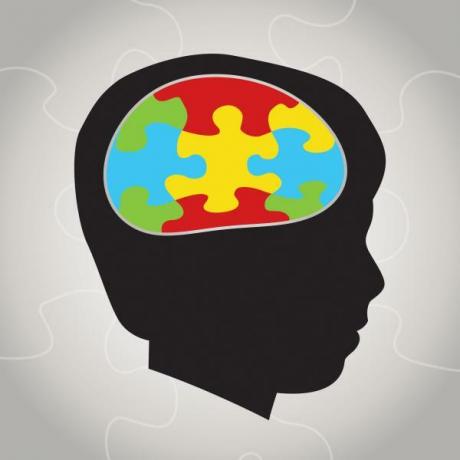
Childhood is one of the most important periods of life for a human being. Childhood leaves its mark on the memory of adults. For this reason, cultivating optimism and positive thinking during early experiences vital skills becomes a reinforcement of character, self-esteem, social skills and happiness.
In this article that we publish in Psychology-Online, we give you ideas of positive psychology exercises and techniques for children, simple dynamics with which to build hope on a day-to-day basis.
Index
- Activities to work on positive psychology in the family
- Positive psychology: practical role-playing exercises
- The Pygmalion effect in education and childhood
Activities to work on positive psychology in the family.
Here are some ideas that you can put into practice in your children's education:
- Create in the company of your children a happy moments album that integrates the combination of photography and text. Through this exercise, children become seekers of happy moments that they capture for always in this album that becomes a pedagogical formula to pay attention to the positive side of things.
- Film therapy. Children's cinema is, by its very nature, an excellent proposal to promote emotional intelligence. One of the indispensable films is "Del Revés". Through its protagonist Riley, the children's audience identifies the power of such vital emotions as sadness, fear, joy, disgust or anger. A recommended exercise is to watch children's movies as a family and, later, comment on the message of the plot, paying attention to the positive values it gives off.
- Exercise of positive caresses. Each member of the family writes a list of five beautiful qualities that they observe in the other and writes them on a piece of paper that the recipient will then read. This exercise is recommended for several reasons. First, it nurtures children's self-esteem. But, in addition, the child also observes the value of emotional generosity with others.
- Laughter. Laughter is contagious when enjoyed in a group, for this reason, it is advisable to select children's theater plays as recommended shows for a lazy afternoon with the family. The sense of humor raises the levels of well-being and physical and mental energy. Laughter produces a liberating effect on the state of mind with respect to stress and other tensions that the human being can experience. Children also have their own difficulties.
- Gratitude letter. The feeling of gratitude connects the soul with the present and beautifies the moment. However, it is important to find a pedagogical formula to make this feeling explicit on a day-to-day basis. For example, after having received a visit from a relative at home, it is possible to write her a letter in which to express the joy for her visit.
- Family dinner. The family dinner plan, giving prominence to the conversation, turning off the television and the mobile phone, is a good routine of positive psychology to strengthen the bonds of love through dialogue.

Positive psychology: practical role-playing exercises.
In the classroom context, this is a form of representation carried out in a group in which each student plays a specific role based on the main theme of the exercise. Topics that involve the student from their own life stage and that, therefore, produce reflection and subsequent learning.
From this perspective, the child learns to put himself in the shoes of another person by acting during the role playing from the guidelines of his own role. In turn, this exercise encourages collaboration and friendship. These exercises are practical to strengthen empathy and enhance conflict resolution.
Role-playing exercises focused on simulation are inherent to children's own imagination since children from first years of life exercise the fun of getting into the skin of another character based on a specific theme, for example, Professions. If you want to know more about different ways of positive stimulation, we recommend the following article on how to work on multiple intelligences in the classroom.

The Pygmalion effect in education and childhood.
We define the Pygmalion effect as the phenomenon that occurs when expectations of a person with some authority (perceived by others, does not have to be a real authority) influence the performance of another individual. It is advisable to be especially careful with the messages that parents and teachers give to children since these messages can have an influence on their own life through the generation of ideas that the child develops about himself same. In this way, the message of words of reinforcement, confidence and positive expectations encourages the child to grow and evolve being aware of her potential.
On the contrary, limiting ideas can lead to a kind of self-fulfilling prophecy that shows how the child is also conditioned by the influence of her environment. When you believe in your child's ability, you are fueling her evolution.
These beliefs also define reality because the thought that parents have about their children influences their attitude towards them. That is to say, thought goes beyond the plane of action. Learn to observe the potential of your son without comparing him to anyone else. Don't project your own story onto his, either.
This article is merely informative, in Psychology-Online we do not have the power to make a diagnosis or recommend a treatment. We invite you to go to a psychologist to treat your particular case.
If you want to read more articles similar to Positive Psychology Exercises and Techniques for Children, we recommend that you enter our category of Education and study skills.


